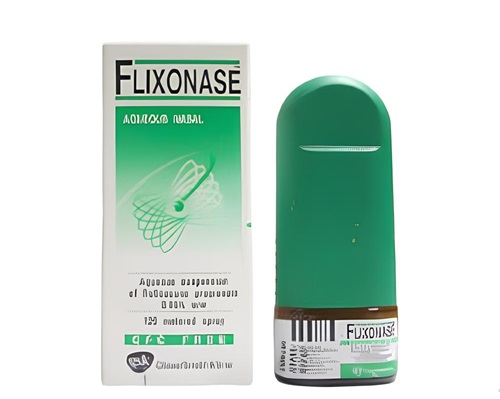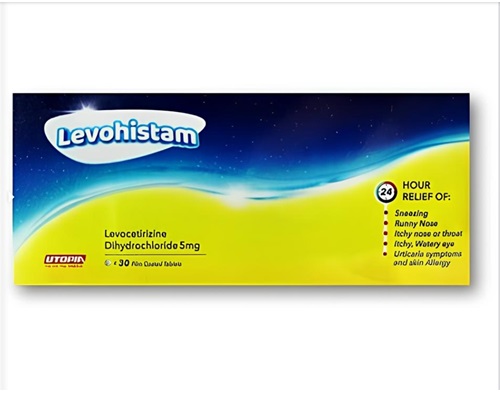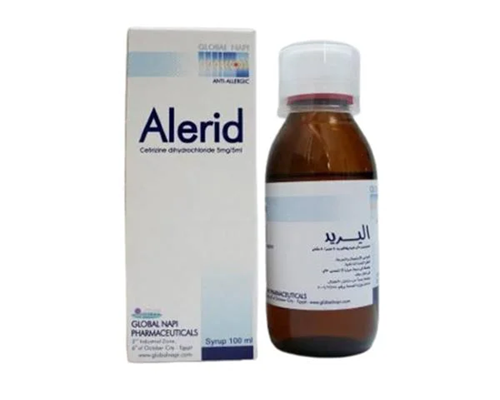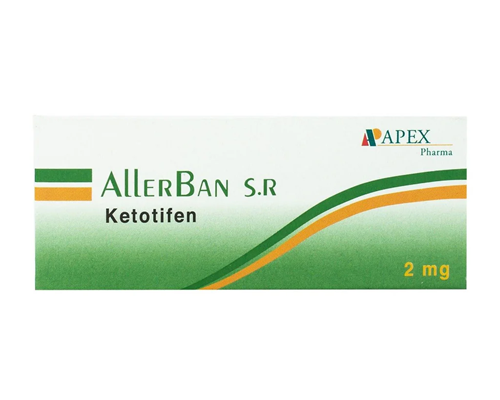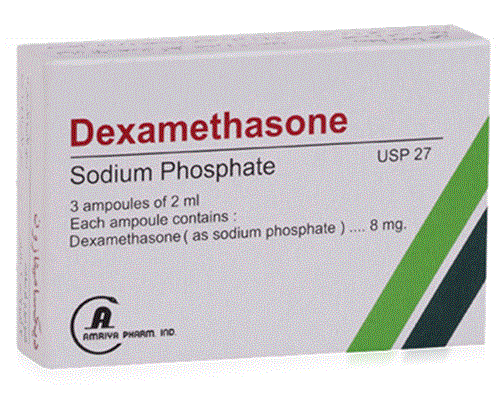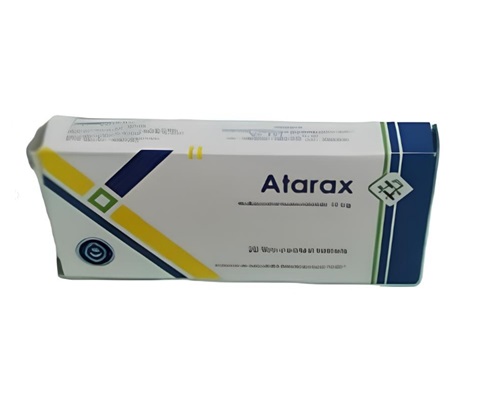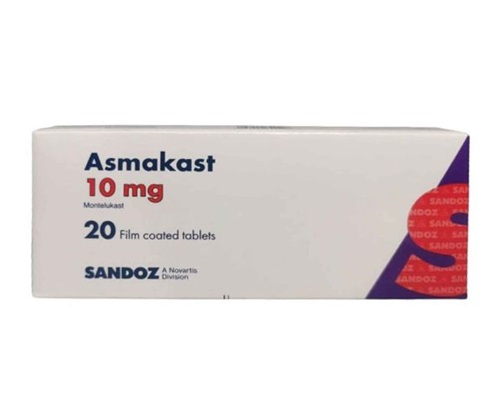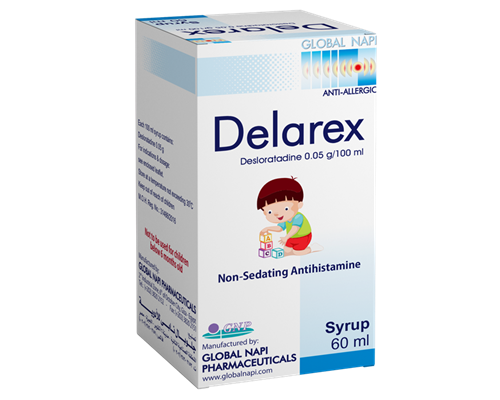Description
Trade name:
Flixonase
Composition:
Each dose of spray contains:
Fluticasone propionate micronized 50 mcg.
Properties:
Glucocorticosteroid for intranasal use. Has a pronounced anti-inflammatory effect. With intranasal administration, no systemic action is observed, practically does not inhibit the hypothalamic-pituitary-adrenal system.
The anti-inflammatory effect of fluticasone propionate is realized as a result of its interaction with glucocorticoid receptors. Fluticasone propionate reduces the production of inflammatory mediators and a number of biologically active substances (including histamine, prostaglandins, leukotrienes, cytokines) during the early and late phases of an allergic reaction. Has a rapid anti-inflammatory effect on the nasal mucosa. The anti-allergic effect appears within 2-4 hours after the first use. Reduces sneezing, nasal itching, rhinorrhea, nasal congestion, discomfort in the paranasal sinuses and a feeling of pressure around the nose and eyes. In addition, it relieves eye symptoms associated with allergic rhinitis. Reduction in the severity of symptoms (especially nasal congestion) lasts for 24 hours after a single application of the spray at a dose of 200 mcg.
Fluticasone propionate improves the quality of life of patients, including physical and social activity.
Indications:
Treatment of year-round and seasonal allergic rhinitis, including pollinosis (hay fever):
– pain, a feeling of pressure in the paranasal sinuses;
– nasal congestion, sneezing, itching in the nose;
– lacrimation.
Method of administration and dosage:
To achieve the full therapeutic effect, the drug should be used regularly. The maximum therapeutic effect appears after 3-4 days of therapy.
Adults and children over 12 years old:
1st week: 2 sprays in each nostril once a day (200 mcg/day);
from the 2nd week to 3 months: 1 or 2 sprays in each nostril once a day (100-200 mcg/day).
The maximum daily dose is 200 mcg/day (no more than 2 sprays in each nostril).
Elderly patients are prescribed the usual dose intended for adults.
Children aged 4 to 12 years:
1 spray in each nostril once a day (100 mcg/day). The recommended dose (100 mcg/day) should not be exceeded. In children aged 4 to 12 years, the drug should be used for the shortest possible period of time necessary to achieve control over the symptoms of the disease.
The maximum daily dose is 100 mcg (no more than 1 spray and each nostril).
Contraindications:
– Hypersensitivity to fluticasone propionate and other components of the drug;
– Children under 4 years of age;
– Recent nasal trauma or surgery in the nasal cavity.
With caution:
Before using the drug, the patient should consult a doctor in the following cases:
– Taking medications for the treatment of HIV infection, such as ritonavir;
– Taking GCS for the treatment of bronchial asthma, allergies, skin rashes;
– Taking medications for the treatment of fungal infections, such as ketoconazole;
– Taking other potent inhibitors of the CYP3A isoenzyme, such as itraconazole;
– In the presence of glaucoma or cataracts.
Take with caution in the presence of an infection of the nasal cavity or paranasal sinuses. It should be taken into account that infectious diseases of the nose require appropriate treatment, but are not a contraindication to the use of Flixonase nasal spray.
Use during pregnancy and lactation:
Before using Flixonase during pregnancy and lactation, you must consult a doctor.
Pregnant and lactating women can be prescribed Flixonase only if the expected benefit to the patient outweighs any possible risk to the fetus or child.
Precautions:
For adults and children over 12 years old: do not use Flixonase nasal spray for more than 3 months. If it is necessary to use the drug for more than 3 months, a doctor’s consultation is required.
For children from 4 to 12 years old: do not use Flixonase nasal spray for more than 2 months. If it is necessary to use the drug for more than 2 months, a doctor’s consultation is required. With long-term use, regular monitoring of adrenal cortex function is necessary.
There have been reports of systemic effects with the use of nasal corticosteroids, especially at high doses for a long time.
Possible systemic effects may include Cushing’s syndrome, adrenal suppression, growth retardation in children and adolescents, cataracts, glaucoma, and less commonly a range of psychological or behavioral effects including psychomotor hyperactivity, sleep disturbances, anxiety, depression, or aggression (especially in children).
It is recommended to stop taking the drug and consult a doctor if there is no improvement within 4 days.
Flixonase, aqueous nasal spray contains benzalkonium chloride, which may cause bronchospasm.
Side effects:
Determination of the frequency of side effects: very common (1/10), common (1/100 and <1/10), uncommon (1/1000 and <1/100), rare (1/10,000 and <1/1000), very rare (<1/10,000, including isolated cases).
From the immune system: very rare – hypersensitivity reactions, including bronchospasm, rash, swelling of the face and tongue, anaphylactic reactions, anaphylactoid reactions.
From the nervous system: common – headache, sensation of unpleasant taste and smell.
From the organ of vision: very rare – glaucoma, increased intraocular pressure, cataract. A small number of spontaneous reports were associated with long-term therapy with the drug.
From the respiratory system: very common – nosebleed; often – dryness of the mucous membrane in the nasal cavity and pharynx, irritation of the mucous membrane in the nasal cavity and pharynx (these adverse reactions, as well as nosebleeds, were also observed when using other intranasal drugs); very rare – perforation of the nasal septum (reported when taking intranasal GCS).
When using some intranasal GCS, systemic effects may develop, especially when prescribed in high doses for a long time.
Storage method:
Keep out of reach of children at a temperature not exceeding 25 degrees.
Packaging:
A cardboard box contains a bottle with a spray, paper instructions.

